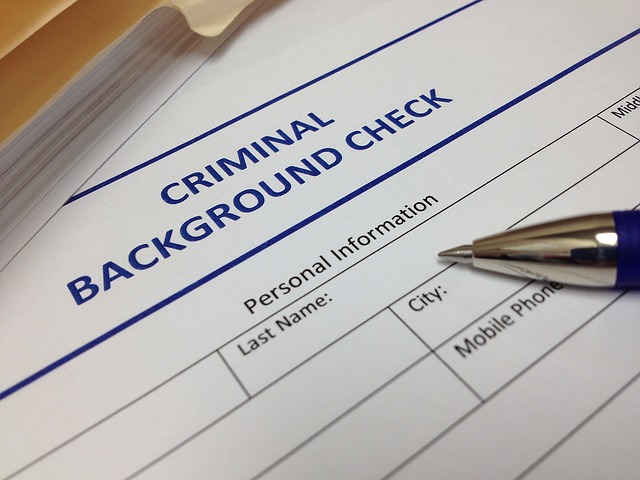 Imagine the effect that automatically clearing hundreds of thousands of eligible criminal records would have on the lives of people who have them. Those unable to get jobs because of mistakes they made in the past would now be record free. Imagine that.
Imagine the effect that automatically clearing hundreds of thousands of eligible criminal records would have on the lives of people who have them. Those unable to get jobs because of mistakes they made in the past would now be record free. Imagine that.
Considering the hassle and expense that people must go through to clear their records, it almost seems unbelievable. But it’s not. Technology has the capability to “download rap sheets in bulk, algorithmically, read them to determine eligibility and automatically fill out the petitions for the court,” according to Code for America. Code for America is a San Francisco-headquartered nonprofit organization that employs technology to help governments improve what they do.
And Code for America is proving that the automatic clearance of criminal records can be accomplished with its Clear My Record venture.
Clear My Record has connected 10,000 people with attorneys
In April 2016, Code for America launched Clear My Record (now referred to as Classic). The online tool helps people to reduce or dismiss their convictions, if they occurred in one of the 14 participating California counties. After spending 10 minutes to fill out an online application, those who use the tool will be connected to a public defender or legal aid attorney to continue the process. In the nearly three years since it was launched, Clear My Record has connected more than 10,000 people with attorneys.
After finding success with Clear My Record, Code for America decided to dramatically expand the record clearing process with Clear My Record (Automatic). The goal of this pilot project launched last May is to clear 250,000 convictions by the end of 2019.
Technology can clear all eligible criminal records
“Code for America launched Clear My Record (Automatic) to show it is possible for the government to automatically clear all eligible criminal records,” says Alia Toran-Burrell, senior program manager for Clear My Record. “We built the core technology that uses optical character recognition to read a criminal record, then maps data to determine eligibility for relief under the applicable statute, and completes the appropriate forms to be filed with the court.”
The nonprofit is partnering with district attorneys in three to five California counties to work on record clearance or reducation remedies available under Proposition 64. California Proposition 64 (the Adult Use of Marijuana Act), a voter initiative legalizing the use of cannabis in California, became law in November 2016.
“With the passage of California AB 1793 (Bonta), which mandates that counties expedite their review of all convictions eligible for relief under Proposition 64, district attorneys must now review thousands of records by May 2020,” says Toran-Burrell. “The Code for America Automatic Record Clearance pilot cohort are setting the standard for how counties implement AB 1793 and provide record clearance relief to hundreds of thousands of Californians.”
Code for America plans to expand efforts beyond California
“Building upon our work in California and as part of a national bipartisan movement, we are helping government rethink its approach to record clearance. We are working to write the blueprint on how to use technology and human-centered design to advance automatic record clearance across the nation and remove a significant barrier to jobs, housing, and education for millions,” says Toran-Burrell.
And clearing all convictions eligible under Proposition 64 is just the beginning. “We are looking forward to expanding our work to other record clearance remedies in California and in states across the country,” she adds.
This work has already begun with a partnership with the Philadelphia District Attorney’s office to implement the newly passed Clean Slate Act in Pennsylvania.
“At Code for America, we believe that contact with the criminal justice system should not be a life sentence,” she says. And her organization, through its Clear My Record initiative, is doing everything it can to make sure that happens.

